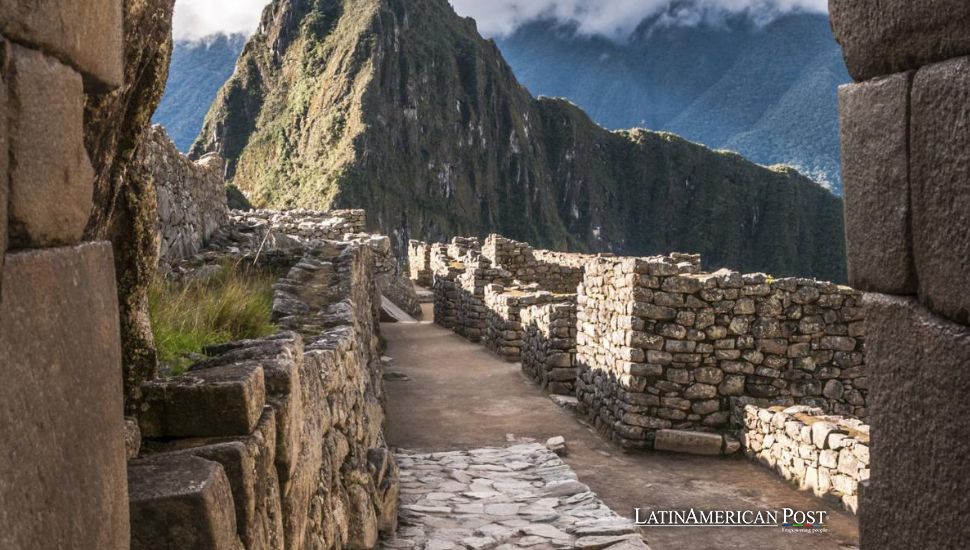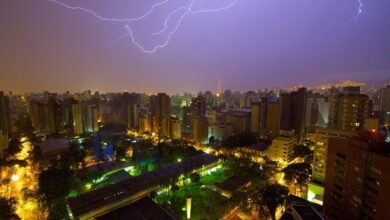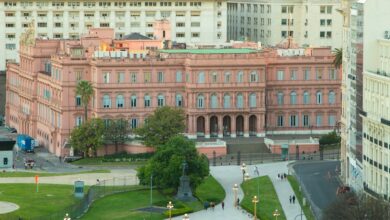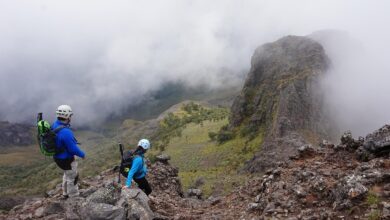Machu Picchu Reopens as Locals End Strike Following Agreement with Peruvian Government

After a six-day closure due to a local strike, Machu Picchu reopens as residents agree with the Peruvian Government over ticketing concerns.
Crisis and Resolution in Machu Picchu
The world-renowned archaeological site of Machu Picchu, a jewel in Peru’s tourism crown, reopened this Wednesday following a pivotal agreement between the local district residents and the Peruvian Government. This resolution came after a significant protest that led to the closure of access to the iconic Inca citadel, disrupting tourism and local commerce.
The Ministry of Culture took to social media to announce the resumption of cultural, tourist, and commercial activities in Machu Picchu Pueblo. The breakthrough resulted from sustained dialogue between the government and local authorities in Cusco, aiming to safeguard the nation’s heritage and jumpstart economic recovery.
Local media captured the decisive moment in an assembly of Machu Picchu district residents. A show of hands decided to end the six-day strike following a meeting held on Tuesday night with national, regional, and local authorities. This grassroots democratic process reflected the community’s active engagement in the governance of their heritage and economic resources.
Minister’s Announcement and Addressing Concerns
Leslie Urteaga, the Minister of Culture, expressed her delight over the resolution in a statement to RPP radio. She revealed that ticket sales to Machu Picchu would now be managed through a new digital platform spearheaded by the Presidency of the Council of Ministers. She emphasized that this new arrangement would not involve any form of privatization, addressing one of the critical concerns of the protesters.
The Ministry also assured continuity of service, a crucial aspect given the significant role of Machu Picchu in regional and national tourism. To accommodate those affected by the closure, the Ministry informed via social networks that visitors with tickets dated January 25th and 31st would have their tickets remain valid throughout 2024 without additional procedures. They also set up an email service to handle refunds.
A vital component of the agreement, as outlined in a joint statement by executive members, local authorities, and residents, was to maintain the sale of 1,000 tickets in person at Machu Picchu Pueblo. This concession directly responded to local demands, reflecting the Government’s willingness to incorporate local perspectives into national tourism policies.
Acknowledgment and Appreciation
Minister Urteaga thanked the Mayor of Machu Picchu for his cooperation, acknowledging the challenges and misinformation that had fueled the unrest. She commended his steadfast approach throughout the negotiations.
Local residents and tourism operators initiated the strike last Thursday in protest against the transition of ticket sales to a platform managed by a private company. This shift, part of a broader move by the Ministry of Culture to modernize access to cultural monuments through a website operated by Joinnus, had inadvertently sparked discontent. Starting January 20th, tickets for Machu Picchu, a UNESCO World Heritage Site and one of the New Seven Wonders of the World, were made available on this new platform, leading to the community’s unrest and the subsequent declaration of strikes.
For months, the Ministry of Culture promoted this new website, designed to streamline access to various cultural monuments nationwide. However, the transition to this new system, particularly for Machu Picchu, one of the most visited sites in Peru, was met with resistance. The local community’s concerns primarily revolved around the perceived privatization of their heritage and the potential impact on the local economy.
Balancing Act and Complexities of Heritage Management
The resolution of this conflict highlights the delicate balance between preserving cultural heritage, accommodating local community needs, and embracing technological advancements in the tourism industry. The Machu Picchu incident serves as a case study of the complexities of managing world heritage sites, where the interests of various stakeholders – including local communities, government agencies, and tourists – must be carefully aligned.
As Machu Picchu reopens, the incident has shed light on the broader issues of heritage management and community engagement in Peru. The successful resolution of the strike underscores the importance of dialogue and collaboration in addressing the concerns of local communities, particularly those who are the custodians of invaluable cultural heritage. The agreement reached serves not only to reopen a key tourist destination but also as a testament to the power of community involvement in the stewardship of global heritage sites.
Also read: Alasita Festival: Bolivia’s Ancient Tradition Meets Modern Aspirations
Looking forward, the Peruvian Government and the local communities of Machu Picchu face the ongoing challenge of ensuring that the management of this world-renowned site continues to benefit both its cultural integrity and the people who live in its shadow. The recent events have highlighted the need for transparent, inclusive approaches in the governance of cultural heritage sites, ensuring that the voices of local communities are heard and respected in decisions that impact their livelihoods and heritage.




